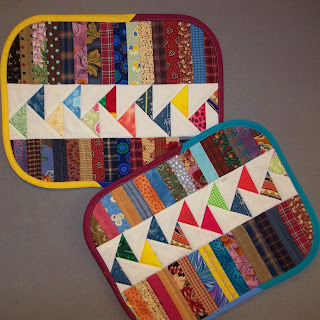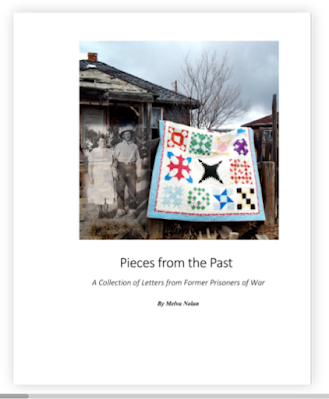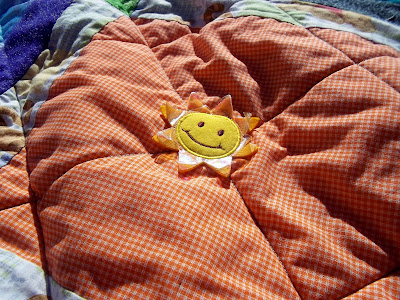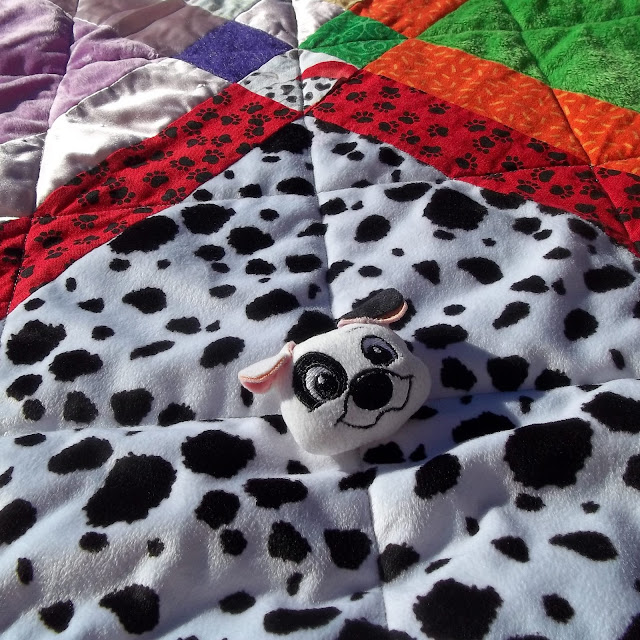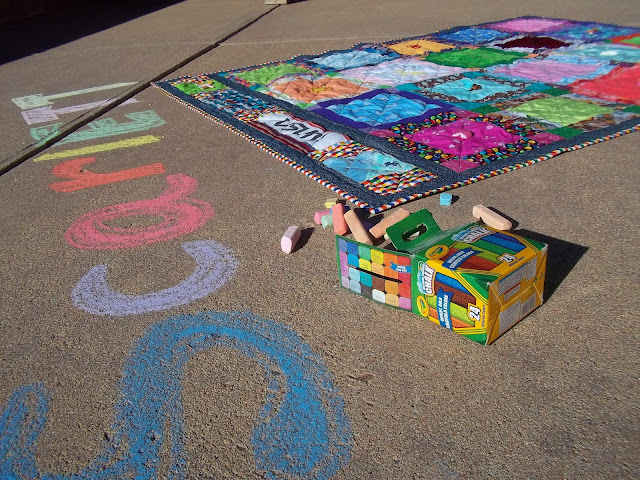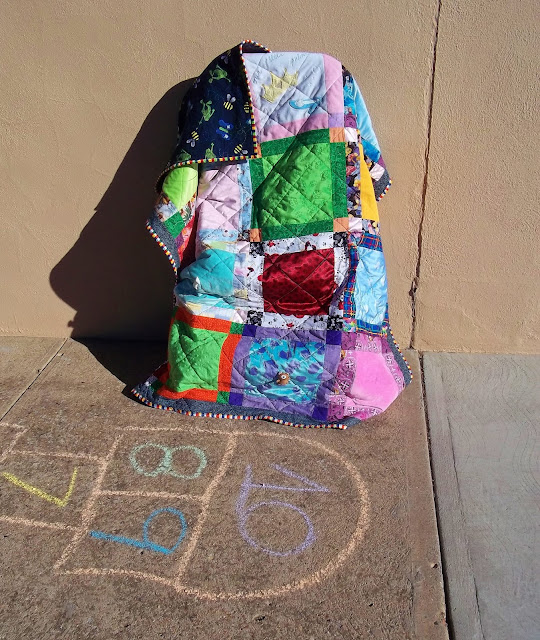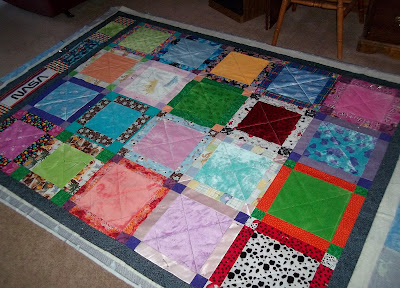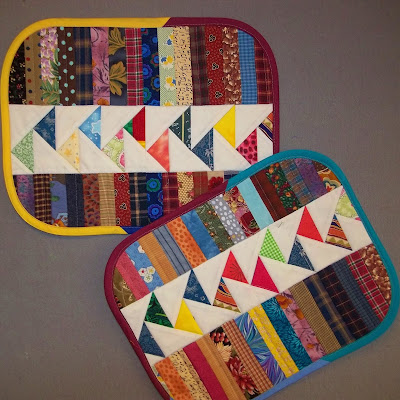It is nearly time for the calendars to be turned to a new year! Wow... What a year it has been. I have much to be thankful for. I already did a review of 2021... as well as a look forward to 2022.
Christmas was a quiet day until 2 p.m. when our girls and the grand-children arrived. Chaos ensued immediately! The oldest boy promptly headed downstairs to lay down and close his eyes because of a headache, the two bigger girls had to be
As Dave says ALL. The. Time... As much as we love to see the kids piling out of the car after they pull into the driveway, we love to see the cars backing out again. 😂
I had taken most of last week "off" and enjoyed not having tasks on the to-do list... other than enjoy the day doing whatever I wanted. I made some outfits for the paper-doll quilts and some Potato Head felt shapes for the kids to play with on my design wall.
I loved the chance to spend one afternoon in the kitchen tryin out some recipes in my new appliances. You remember??? The air-fryer and the quick pot? I have come to the conclusion that they don't really save me time. Salmon still has to cook in the fryer as long as in the oven... but the reheat feature for pizza is amazing! And we like the french fries... It is staying and the deep fryer is gone.
The quick pot is the bees knees for making brown rice. But, again, it is not any faster than cooking rice in the rice cooker or on the stove top. It is, however, much better rice. No more al dente rice! The rice cooker has been kicked to the curb.
I had purchased a whole chicken and wanted to try out the rotisserie feature of the air-fryer. I'll not do that again. LOL! The chicken was good, but it made a mess that was not really worth it. Though the rub recipe that I used on the chicken was really tasty, as was the sauce that I served with it. I will use it again... but on a chicken in the crockpot.
I loved having the opportunity to be in the studio early in the morning. I was making more of the foundation paper pieced double flying geese blocks to be fillers so that I can bring together an assortment of orphan blocks together.
I need to have a few more pinwheels or smaller flying geese or checkerboard units to finish filling in the blanks, but I love how this is coming together.
One last thing I am thankful for is YOU! Yep, YOU.. the one reading this right now. I thank you for your support and belief in me as a quilter, as an author, as a pattern designer... and a friend.
You have helped to enrich my life and my year to be all that it can be... BLESSED!
For the last several years I have had a focus word. The word that continues to come to me for 2022 is SUCCESS. More specifically, from 1 Samuel 18:14... In everything he did he had great success, because the Lord was with him.
I have had an internal argument that it seems prideful... or boastful... I, myself, cannot measure the greatness of success. Against what do I measure it? Previous years? Others?
In the end, I have accepted the word given to me and know that my success in whatever I endeavor will be ONLY because the Lord will be with me.
Happy New Year! May 2022 be a year to remember for all of the good things in life!
Melva
Linking with:


















